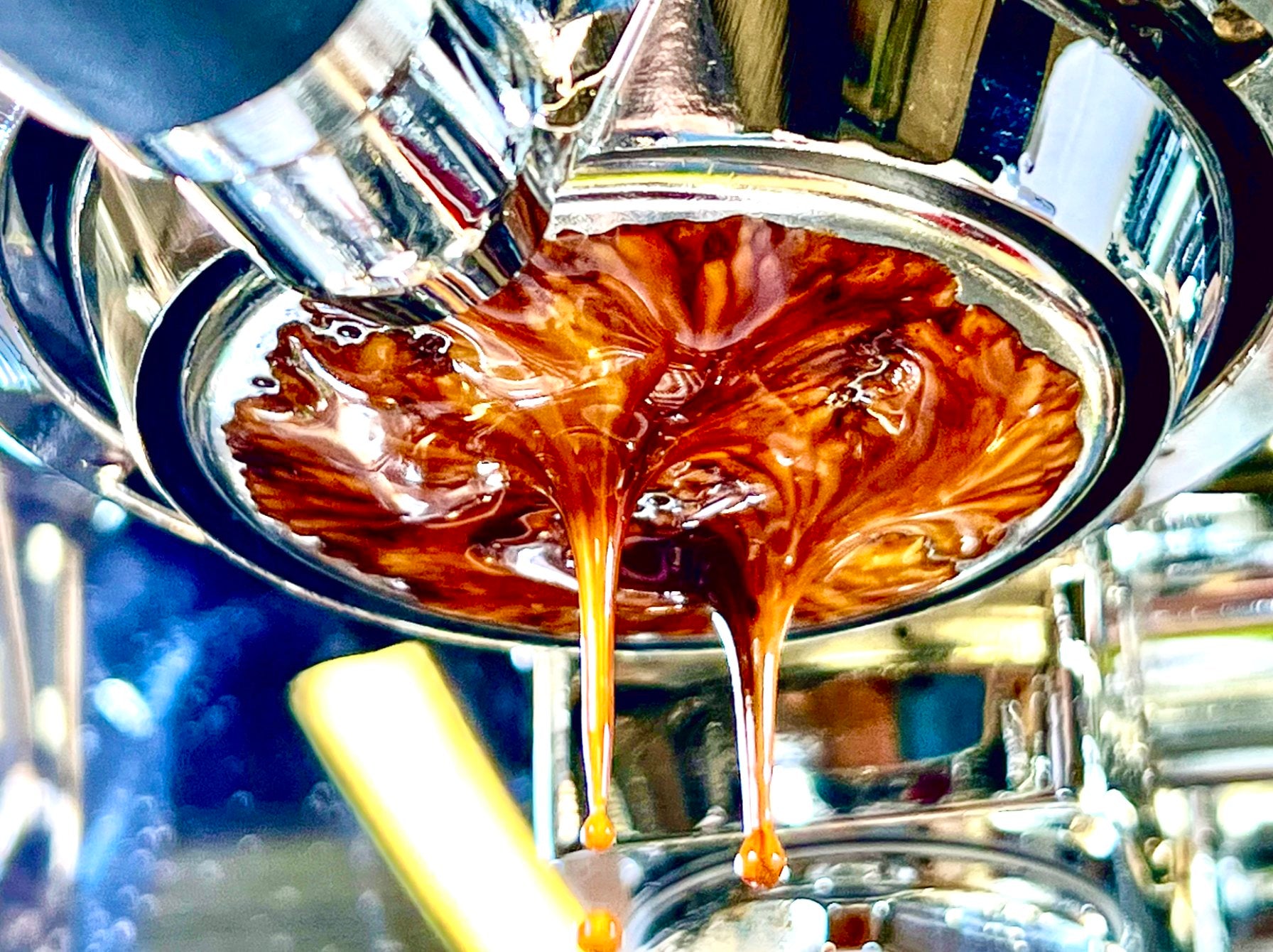How Does Adding Salt Effect Coffee Flavor?
Adding salt to coffee is an unconventional yet intriguing practice that has been embraced by some coffee enthusiasts and cultures over time. Here’s a detailed breakdown of the reasons, effects, and science behind the idea:
1. Bitterness Reduction
One of the most common reasons people add salt to coffee is to reduce bitterness. Coffee, especially when over-extracted or made with poor-quality beans, can have a bitter taste. Salt contains sodium ions that block some of the bitter flavor receptors on the tongue, making the overall taste smoother.
- How It Works: Salt acts by countering the bitterness in coffee. Our taste buds detect four primary flavors: sweet, sour, salty, and bitter. Sodium ions in salt can suppress bitterness and enhance sweetness, thereby improving the flavor profile of a suboptimal cup of coffee.
- Scientific Support: A study published in Nature in 1997 highlighted that sodium (found in salt) suppresses the perception of bitterness by influencing bitter-tasting receptors on the tongue . This is the same principle used in culinary practices where a pinch of salt is added to chocolate or caramel to enhance sweetness while dulling any bitter undertones.
2. Enhanced Flavor Perception
Salt has a unique ability to amplify other flavors, which can lead to a more balanced cup of coffee. If coffee is lacking in complexity or tastes flat, a small amount of salt can help bring out hidden flavors, especially in medium or dark roasts. This is why in some cultures, such as in Scandinavia and Turkey, adding salt to coffee is a traditional practice.
-
Cultural Examples:
- Scandinavia: Nordic coffee often has salt added, particularly when brewed with water high in mineral content.
- Middle East (Turkish Coffee): In some regions, a pinch of salt is added to traditional Turkish coffee, especially in ceremonial settings like wedding proposals.
3. Minimizing Acidity
In addition to reducing bitterness, salt can also help neutralize some of the acidic qualities in coffee. For individuals who suffer from acid reflux or sensitivity to acidity, a pinch of salt can mellow the sharpness of acidic notes found in lighter roasts.
- How It Works: Sodium can help balance the pH levels in coffee by reducing perceived acidity. This is particularly helpful for people who enjoy coffee but are sensitive to the sourness or acidic kick in certain brews.
4. Masking Stale or Bad Coffee
In certain environments where coffee is brewed in bulk or sits for long periods, the freshness and quality deteriorate, leading to a harsh taste. A small amount of salt can help mask the stale or over-extracted flavors in situations where good coffee beans or proper brewing techniques aren't available.
- Historical Context: Sailors and soldiers historically added salt to their coffee to compensate for the use of stale water or subpar beans during long voyages .
5. Hydration and Electrolytes
Though not a primary reason, salt’s ability to replenish electrolytes may offer a subtle benefit for people drinking coffee in hot climates or after strenuous activity. Coffee is a mild diuretic, and adding a pinch of salt could help replace some of the sodium lost due to increased urination or sweating.
6. Amount of Salt
The key to adding salt to coffee is moderation. A pinch of salt (about 1/8 teaspoon or less) is sufficient to counteract bitterness without making the coffee taste salty. Overdoing the salt can easily lead to an unpleasant, overly salty drink.
Possible Drawbacks
While salt can offer benefits, it’s not without its potential downsides:
- High Sodium Intake: People with high blood pressure or on sodium-restricted diets should be cautious about adding extra salt to their coffee. Even though the amount used is usually small, it can contribute to daily sodium intake.
- Flavor Imbalance: Too much salt will overwhelm the natural flavors of the coffee, leaving a salty aftertaste.
Conclusion
In moderation, adding salt to coffee can enhance flavor by reducing bitterness, masking staleness, and improving overall taste balance. It’s a practice grounded in both cultural tradition and scientific principles, but it’s best used sparingly. For those experimenting with different flavor profiles or trying to salvage a bitter brew, a pinch of salt might just be the answer.

















